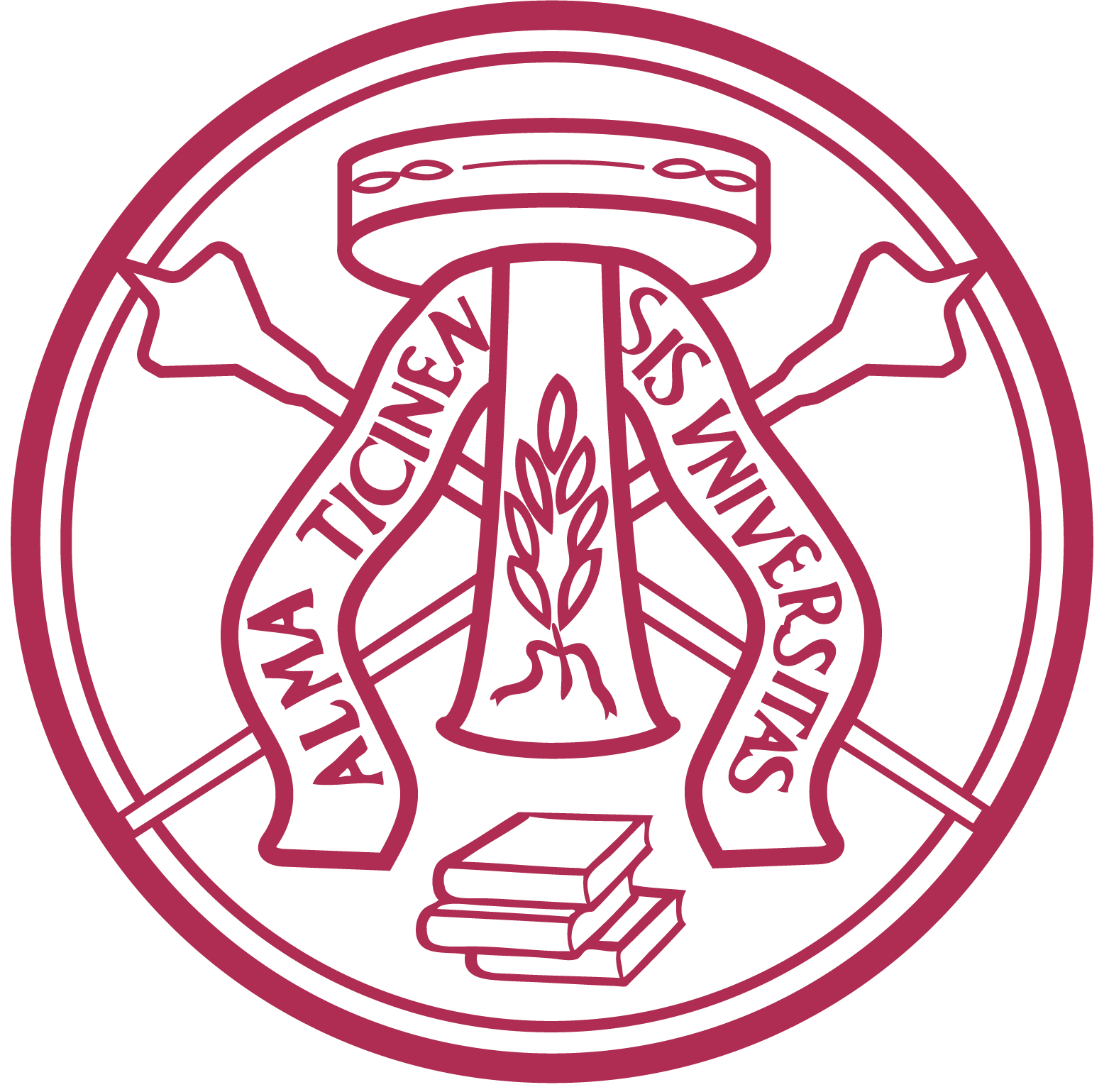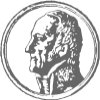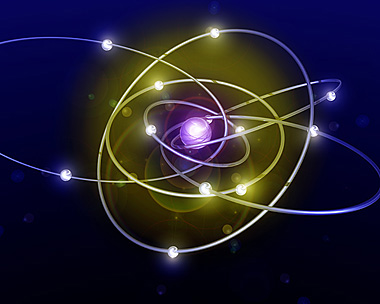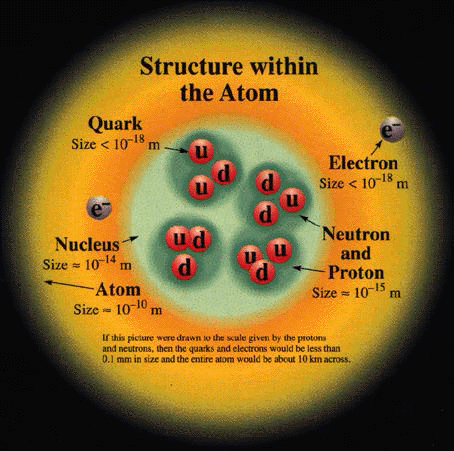Theoretical and Mathematical Physics: Physics of Nuclei
Since many years in the Department researches are performed on the nuclear structure, in particular through the study of nuclear reactions. Reactions induced by electroweak probes, i.e. electrons, photons and neutrinos, represent a preferential tool to study nuclear properties as these probes, due to their relatively weak interaction, are able to penetrate deeply in the nucleus with a mean free path in nuclear matter comparable to or even much larger than nuclear radii. The nuclear structure can be fairly well described in the frame of individual particle models, where a mean field potential is produced by the interaction between nucleons. Important corrections to this picture are however due to short range correlations and also to long range correlations, which are produced by collective effects.
More recently, exotic nuclei have been studied, i.e. unstable nuclei, artificially produced, with a difference between the number of protons and neutrons much larger than that of stable nuclei. The evolution of the models as a function of the neutron to proton ratio can give interesting information on the nuclear structure. These researches are performed in national and international collaborations with theoretical and also with experimental groups for the comparison with their experimental data.
Staff: Carlotta Giusti





